
How to Manage Your Cholesterol: Tips for a Healthier Heart
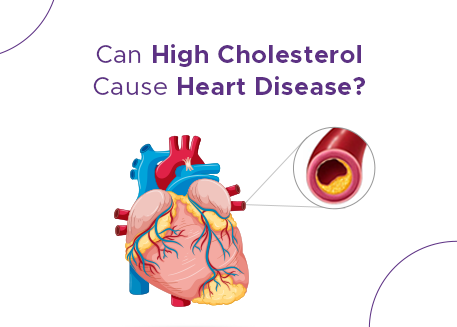
Cholesterol plays a key role in your body by carrying fats, cholesterol, and fat-soluble vitamins through your bloodstream. However, balancing the types of cholesterol in your blood is important for your heart health. There are two main types of cholesterol that affect your health:
- LDL (Low-Density Lipoprotein): Often referred to as “bad” cholesterol, high levels of LDL can lead to plaque buildup in your arteries. This can cause blockages, increasing the risk of heart attacks.
- HDL (High-Density Lipoprotein): Known as “good” cholesterol, HDL helps remove cholesterol from the blood vessels, reducing the risk of heart disease.
Your liver produces cholesterol as needed, but other factors like genetics, smoking, a sedentary lifestyle, and heavy alcohol use can affect these levels. Here are 10 strategies to help improve your cholesterol levels and overall heart health.
1. Focus on Monounsaturated Fats
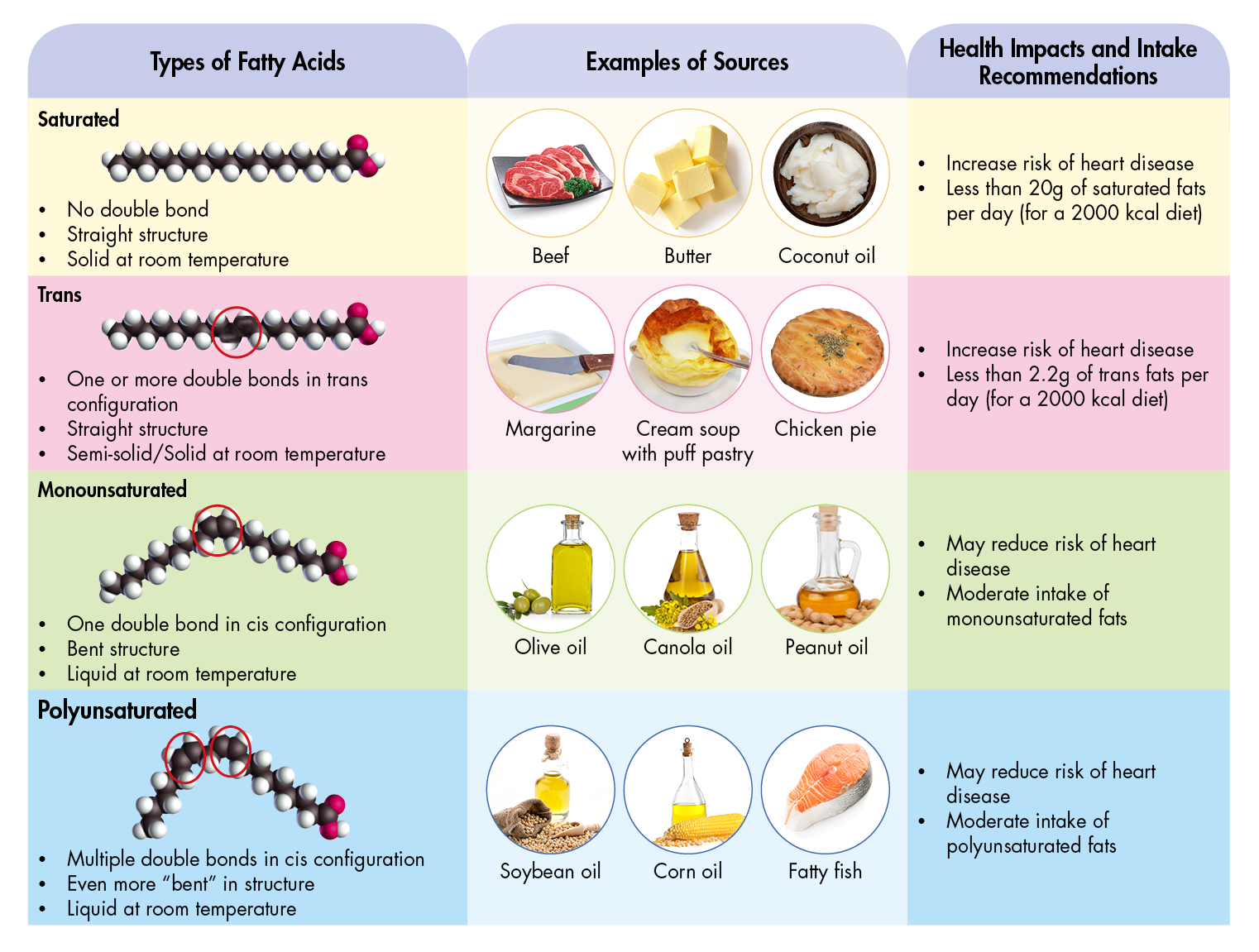
While many people consider low-fat diets for managing cholesterol, evidence suggests that focusing on healthy fats, specifically monounsaturated fats, is more effective. These healthy fats help lower harmful LDL cholesterol and increase beneficial HDL cholesterol.
A great way to include more monounsaturated fats in your diet is by following a Mediterranean diet, which emphasizes heart-healthy foods.
Sources of Monounsaturated Fats:
- Olive oil
- Nuts: Almonds, cashews, and pecans
- Canola oil
- Avocados
- Nut butters: Peanut butter, almond butter
- Olives
These fats not only support your cholesterol but also provide essential nutrients that benefit your health.
2. Prioritize Polyunsaturated Fats, Especially Omega-3s
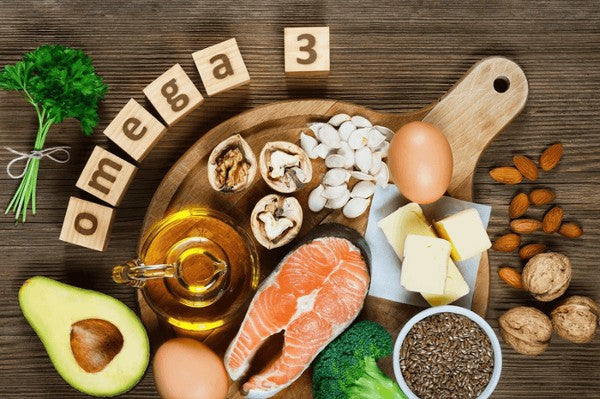
Polyunsaturated fats, including omega-3 fatty acids, are another excellent type of fat that can help reduce LDL cholesterol and lower the risk of heart disease. Omega-3s also have anti-inflammatory properties and may help with conditions like metabolic syndrome and type 2 diabetes.
The best sources of omega-3s are:
- Fatty fish: Salmon, mackerel, herring, and tuna (especially deep-sea tuna like bluefin or albacore)
- Fish oil supplements: A great option if you don’t eat much fish
Including more omega-3-rich foods in your diet can significantly boost your heart health.
3. Limit Trans Fats

Trans fats are a type of unsaturated fat that has been chemically altered through a process called hydrogenation. This process makes the fat more stable but also makes it harmful to your health. Trans fats not only raise LDL cholesterol but also lower HDL cholesterol, making them doubly harmful.
Foods that typically contain trans fats include:
- Margarine and shortening
- Pastries and baked goods
- Microwaveable popcorn
- Fried fast food
- Certain pizzas
- Nondairy coffee creamer
To protect your cholesterol levels, avoid foods that contain trans fats and look for alternatives with healthier fats.
4. Regular Exercise
Exercise is crucial for overall health, but it also plays an important role in managing cholesterol levels. Physical activity helps raise HDL cholesterol (the good kind) while lowering LDL cholesterol (the bad kind). If you’re new to exercise, starting with walking, swimming, or cycling can make a big difference.
Aim for at least 30 minutes of moderate-intensity exercise most days of the week.
5. Maintain a Healthy Weight
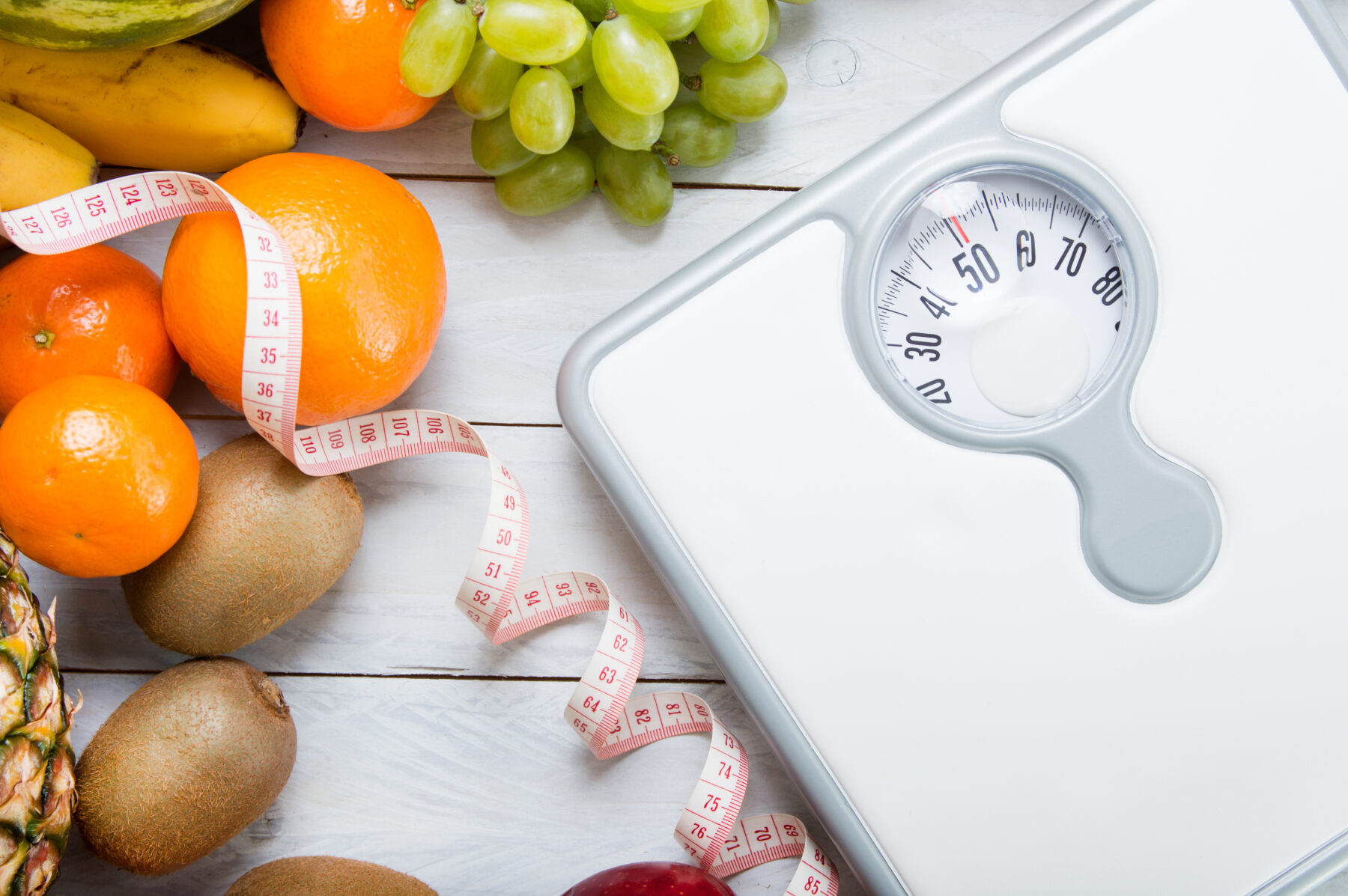
Being overweight can raise LDL cholesterol levels and put extra strain on your heart. Losing even a small amount of weight, such as 10 pounds, can have a significant positive impact on your cholesterol levels. Combine a balanced diet with regular physical activity to achieve and maintain a healthy weight.
6. Cut Back on Added Sugar
Excess sugar, especially in sugary drinks and desserts, can increase triglyceride levels and lower HDL cholesterol. Reducing your intake of sweets, sugary beverages, and processed snacks can help improve your cholesterol and support your overall heart health.
7. Stop Smoking

Smoking damages blood vessels and lowers HDL cholesterol, making it easier for fatty deposits to build up in the arteries. Quitting smoking is one of the most effective ways to improve your cholesterol levels and protect your heart.
8. Limit Alcohol Consumption
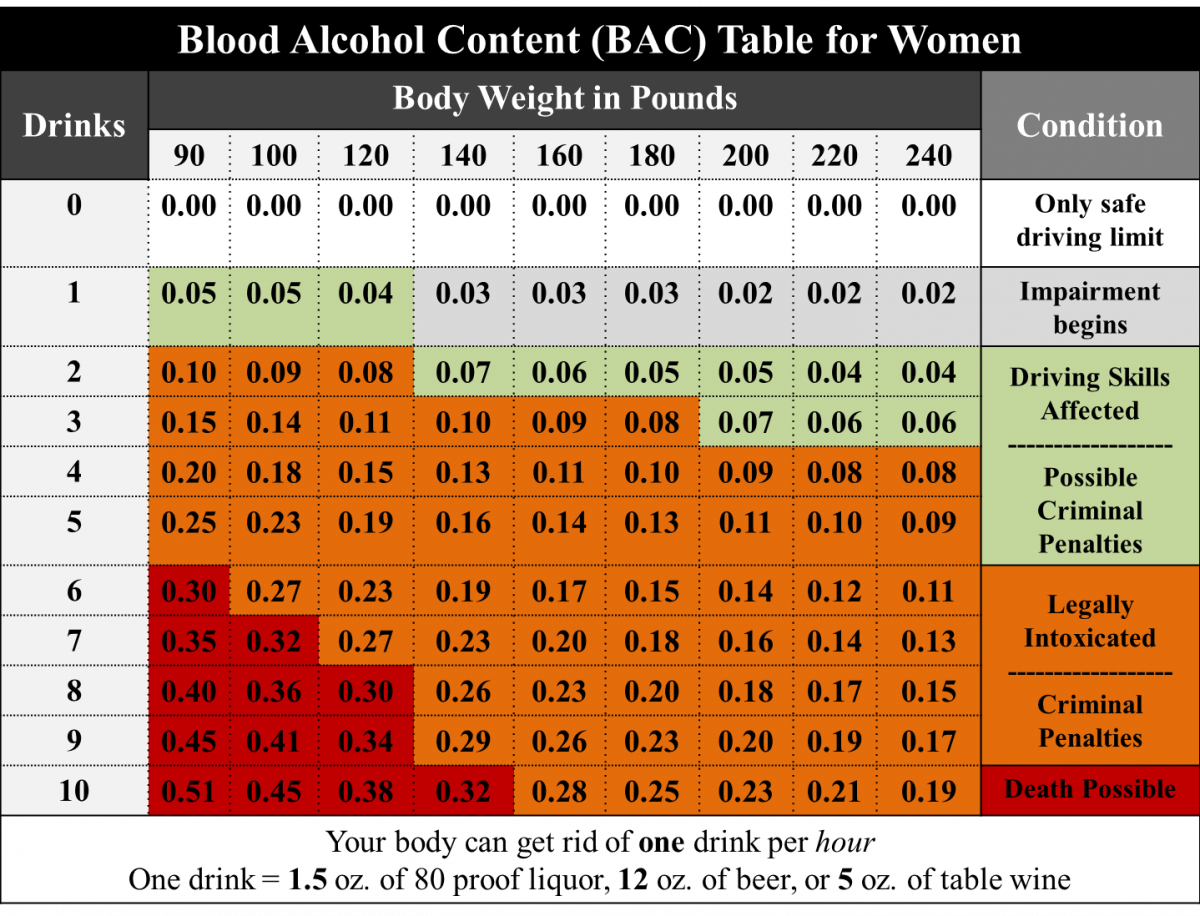
While moderate alcohol intake, like a glass of red wine, may have some heart benefits, excessive drinking can raise triglyceride levels and increase the risk of high blood pressure. The American Heart Association suggests limiting alcohol to no more than one drink per day for women and two for men.
Frequently Asked Questions (FAQs)
1. Can I manage my cholesterol without medication?
For many people, lifestyle changes like eating heart-healthy foods and getting regular exercise can be enough. However, some people with high cholesterol or those at high risk for heart disease may require medication.
2. What are some signs that my cholesterol is high?
High cholesterol typically has no symptoms. The best way to know is through a blood test, like a lipid panel, which measures your cholesterol levels.
3. How can I check my cholesterol at home?
At-home cholesterol tests are available, but they should not replace regular checkups with your healthcare provider. These tests can help you monitor your cholesterol between doctor visits.
4. What foods should I avoid to manage my cholesterol?
Avoid foods high in trans fats, such as processed snacks and fast food, as well as foods high in saturated fats like fatty meats and full-fat dairy products.
Conclusion
Managing your cholesterol is vital for heart health, and while diet and exercise can help, sometimes medication is needed to achieve optimal levels. Start by focusing on healthy fats, staying active, and making heart-healthy lifestyle choices. If needed, talk to your doctor about additional treatments, including cholesterol-lowering medications, to help you stay on track.

